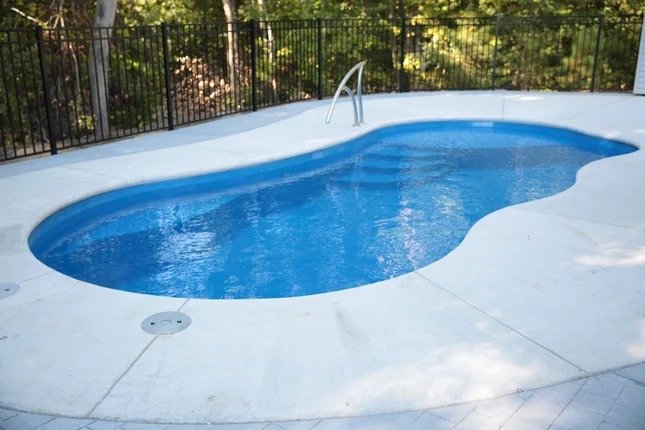
What to Know Before Building a Pool in Virginia
Understanding Local Regulations and Permits
Before breaking ground on your backyard pool, it’s essential to research the local building codes and permit requirements in your Virginia locality. Each city or county may have different zoning restrictions, fencing regulations, and setback requirements that dictate where and how a pool can be installed. You’ll likely need approval from a local permitting office, and in some cases, homeowners associations may have additional rules. Taking the time to understand and comply with these requirements early can prevent delays and unexpected costs later in the process. Consulting with a pool contractor familiar with Virginia regulations can make this step much easier.
Climate Considerations for Pool Installation
Virginia experiences four distinct seasons, which can influence both the design and construction of your pool. Because of the colder winters, inground pools typically require proper winterization to avoid damage from freezing temperatures. You’ll also want to factor in the best season for building—spring and early summer are popular times, but booking a contractor during these seasons may require advance scheduling. Additionally, certain pool materials hold up better in Virginia’s climate than others. For example, fiberglass pools offer durability and easy maintenance, which are ideal for fluctuating temperatures.
Choosing the Right Pool Type for Your Property
There are multiple pool types available, including fiberglass, vinyl liner, and concrete. Each has its own advantages depending on your budget, timeline, and design goals. Fiberglass pools are known for their quick installation and smooth surfaces, while concrete pools offer full customization in terms of size and shape. Vinyl liner pools provide a budget-friendly option with a variety of aesthetic choices. When deciding which pool type is right for you, think about how you’ll use the pool—whether it’s for exercise, entertaining, or family fun—as this can help guide your decision.
Landscaping and Pool Integration
A pool should feel like a natural extension of your home and yard. That’s why thoughtful landscaping and integration into your existing outdoor space are key to creating a beautiful, functional environment. Consider how your pool area will connect to patios, decks, gardens, and outdoor living areas. Features like retaining walls, lighting, and privacy screens can enhance your pool’s appearance and usability. Working with a contractor who also specializes in landscaping or collaborates with landscape designers can ensure a cohesive, attractive result.
Budgeting Beyond the Pool Itself
When planning to build a pool, it’s common to focus on the upfront construction cost, but it’s important to account for additional expenses. These may include landscaping, fencing, decking, and ongoing maintenance equipment. Pool owners in Virginia also need to think about heating options if they want to extend the swimming season into spring or fall. Maintenance costs, water treatments, and utilities should be factored into your monthly expenses. Setting a clear, realistic budget upfront helps ensure that you can enjoy your new pool without financial surprises.
Finding the Right Pool Builder
Hiring the right contractor is one of the most important decisions you’ll make when building a pool. Look for professionals with experience in constructing inground swimming pools in Virginia, as they’ll have familiarity with the unique environmental and regulatory requirements. Be sure to read reviews, ask for references, and view past projects. A reputable builder should provide a clear contract, a detailed timeline, and a full breakdown of costs. Taking the time to vet your contractor can make the difference between a stressful project and a smooth, successful build.
Maintaining Your Investment for Years to Come
Once your pool is built, proper maintenance is key to keeping it clean, safe, and in good condition. In Virginia, seasonal care is especially important due to weather changes. Winterizing your pool, managing pH levels, and regularly cleaning filters are all part of the routine upkeep. Investing in a high-quality pool cover can protect your pool during the off-season and reduce debris accumulation. Many pool companies offer maintenance services, or you can learn to manage your pool care independently with the right tools and guidance.Final Thoughts
Building a pool is a significant investment, but with proper planning and the right team, it can become the centerpiece of your home for years to come. From choosing the best materials to navigating permits and designing a complementary landscape, each decision plays a role in the final outcome. Homeowners interested in inground swimming pools in Virginia have many options, and working with professionals who understand local needs ensures a smoother process. With the right preparation, your backyard can transform into a personalized retreat that adds value, joy, and lasting memories for your family.




